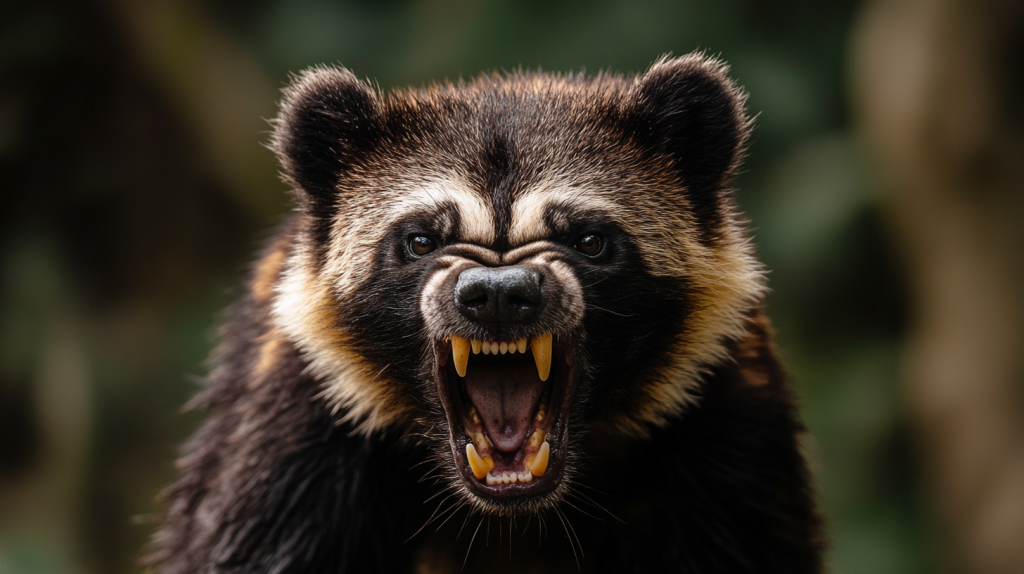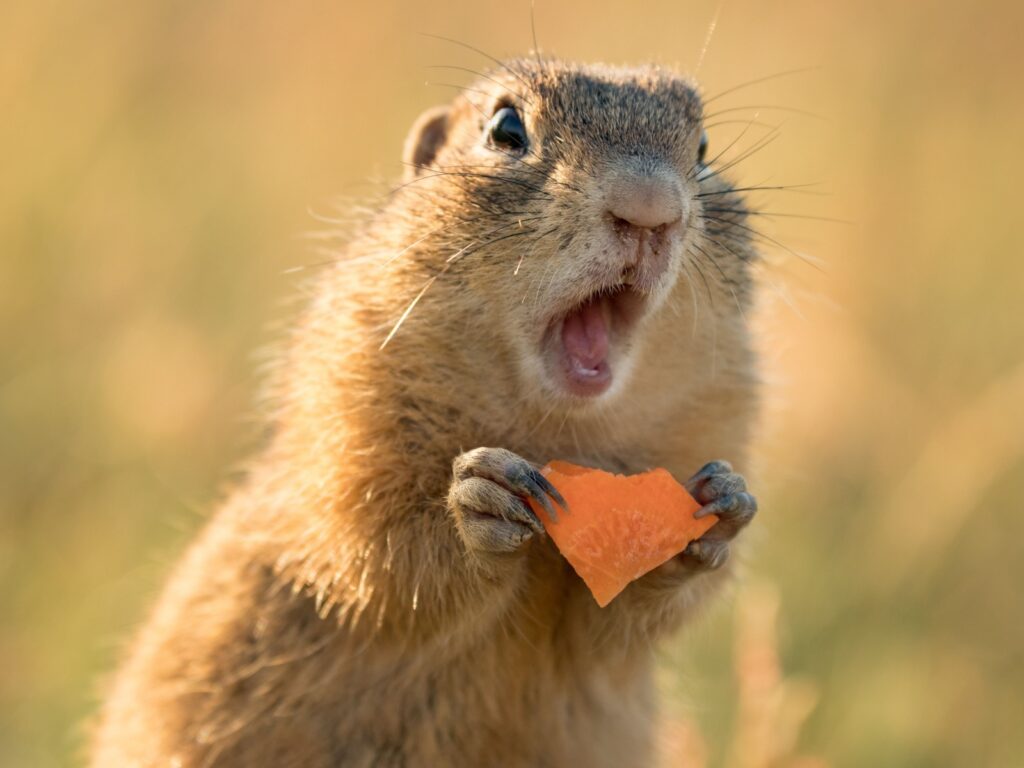No, we don’t have wolverines in the wild here in the UK, but they’re fascinating, nonetheless. They’re also in the same family as badgers, weasels, and otters, among others. Wolverines are often misunderstood creatures. These fierce predators roam the northern forests and tundra. Despite their small size, wolverines are renowned for their strength, tenacity, and fearlessness.
They’ve been known to take down prey many times their size and even stand up to much larger predators. From their incredible physical abilities to their surprising intelligence, wolverines are really quite remarkable. It’s true that I wouldn’t want to meet one of these feisty little beasts in the wild, but we can still marvel at one of Mother Nature’s fiercest predators that prove size isn’t everything.
Pound-for-Pound Champions
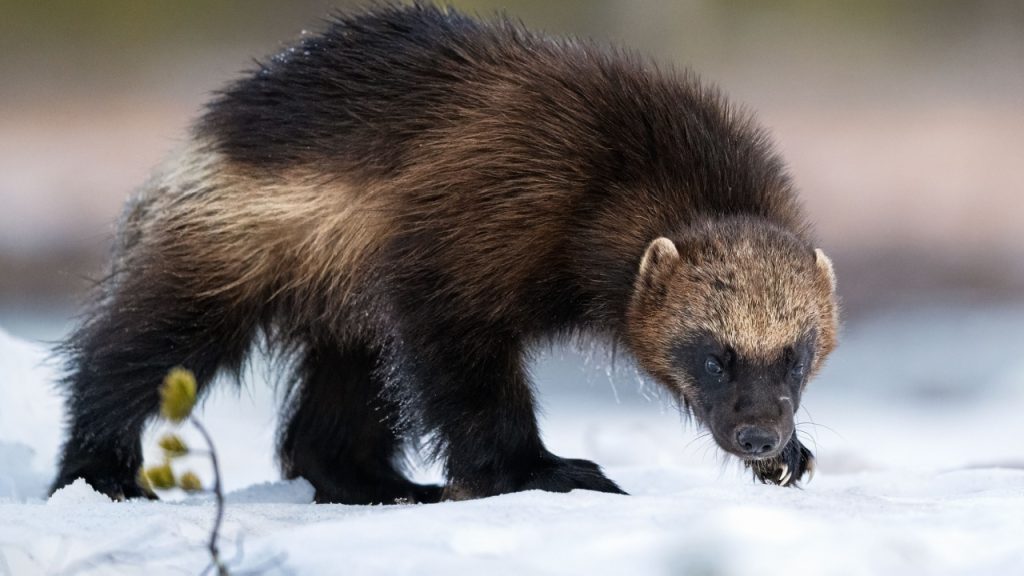
Wolverines are considered one of the strongest animals for their size in the animal kingdom. They can take down prey as large as caribou and have been known to drive away bears and wolves from their kills. Their strength allows them to dig through frozen soil and even break into log cabins in search of food.
Not Actually Wolves
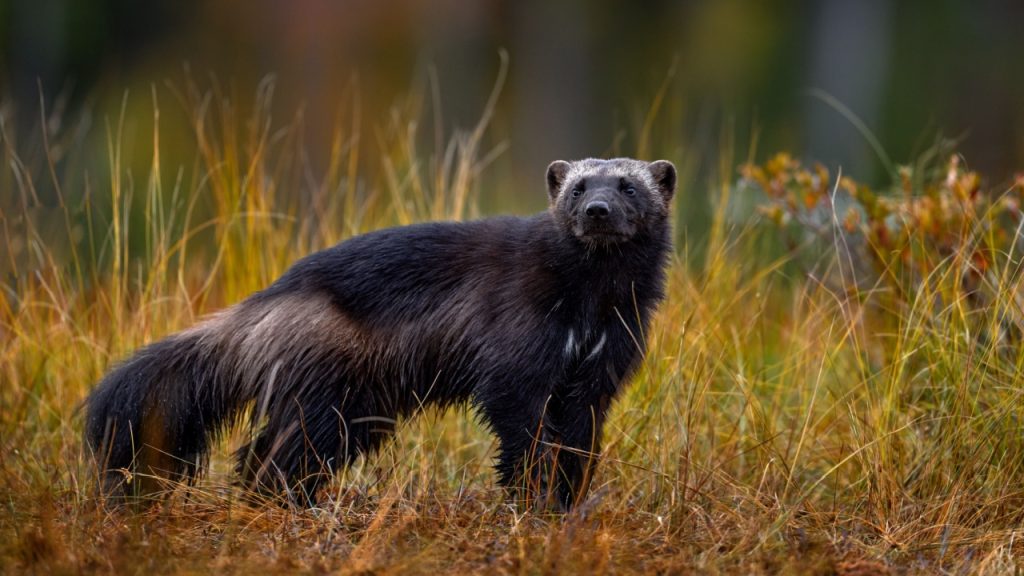
Despite their name, wolverines aren’t related to wolves at all. They’re actually the largest land-dwelling members of the weasel family, which includes badgers, otters, and minks. Their scientific name, Gulo gulo, comes from the Latin word for “glutton,” reflecting their voracious appetite.
Snowshoe Paws
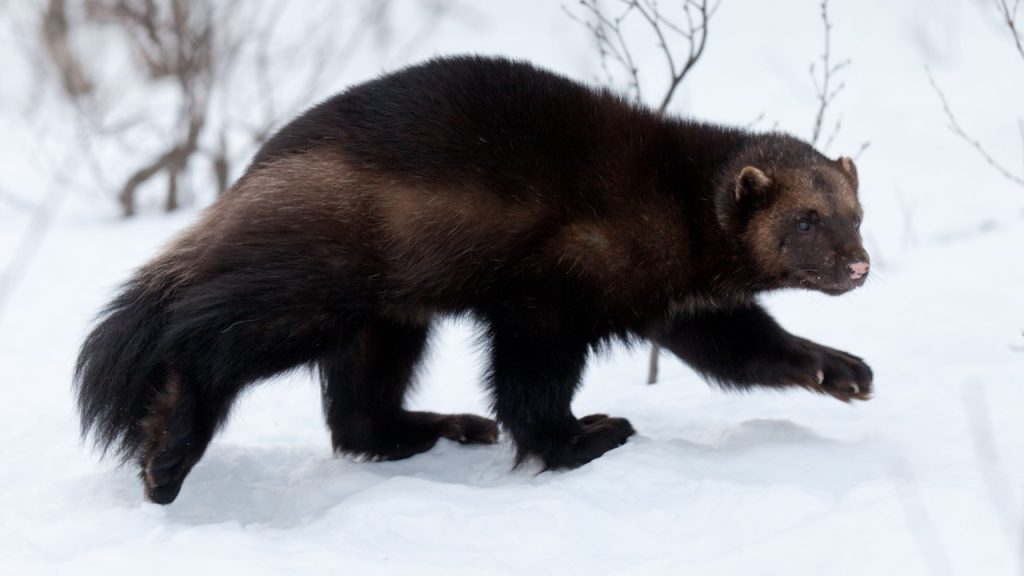
Wolverines have specially adapted paws that act like built-in snowshoes. Their feet are large and furry, helping them to walk on top of deep snow without sinking. This adaptation allows them to hunt effectively in snowy environments where other predators might struggle.
Incredible Sense of Smell
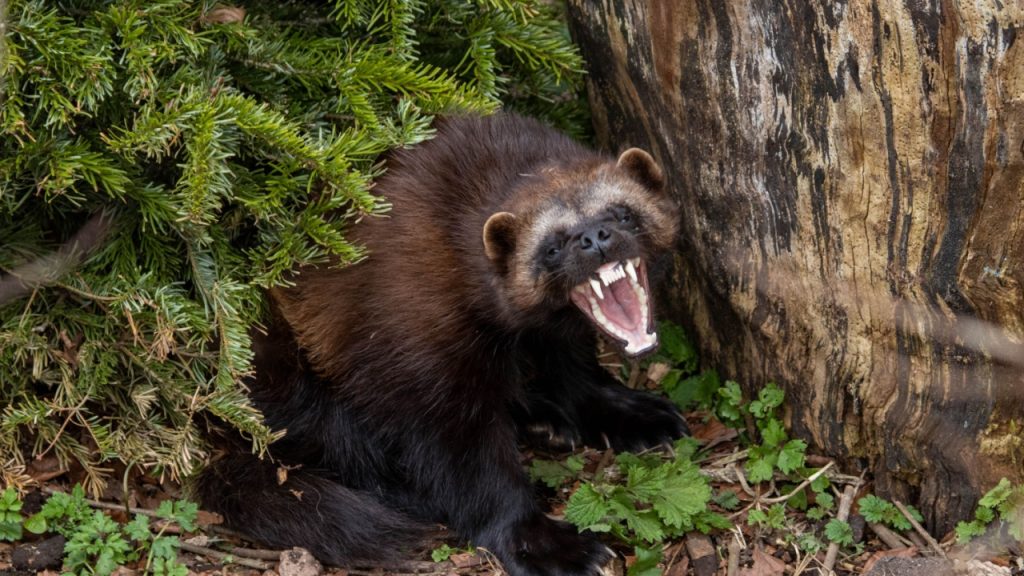
These animals have an exceptionally keen sense of smell. Wolverines can detect carrion (dead animals) buried under 20 feet of snow. This ability helps them find food in harsh winter conditions when other food sources are scarce.
Extreme Climbers
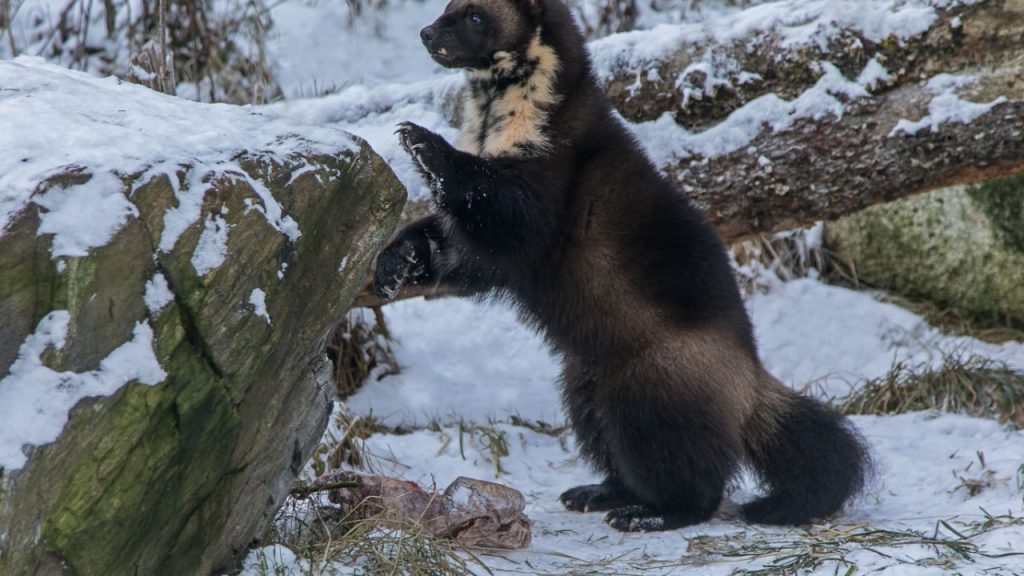
Wolverines are excellent climbers, capable of scaling near-vertical cliffs and trees. Their strong claws and muscular bodies allow them to reach places that many other predators can’t. This skill helps them escape danger and access food sources that are out of reach for other animals.
Solitary Nomads
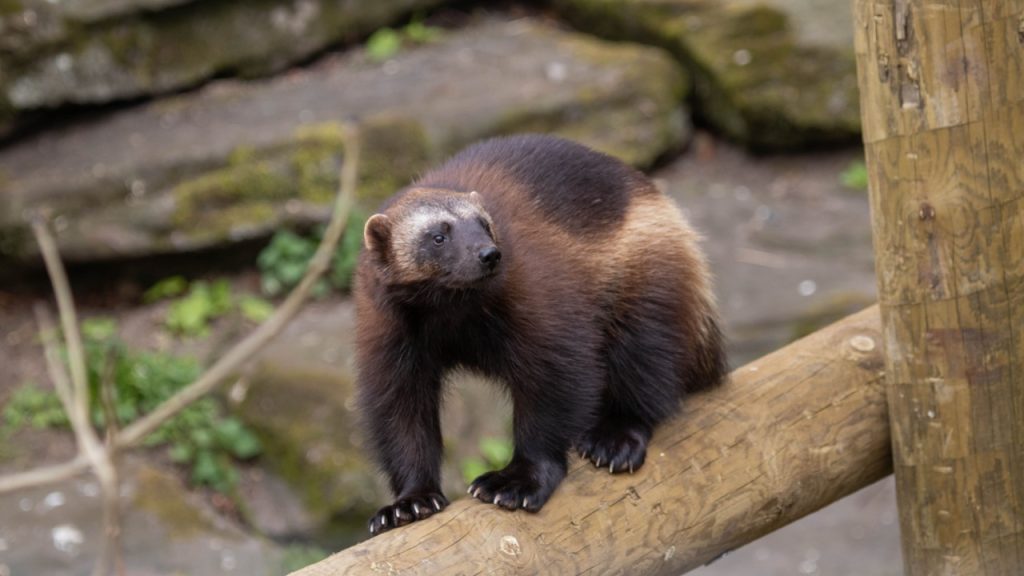
Most wolverines live solitary lives, roaming vast territories that can span up to 500 square miles. They’re constantly on the move, covering as much as 15 miles in a single day. This nomadic lifestyle helps them find enough food in their harsh, unforgiving habitats.
Frozen Food Experts
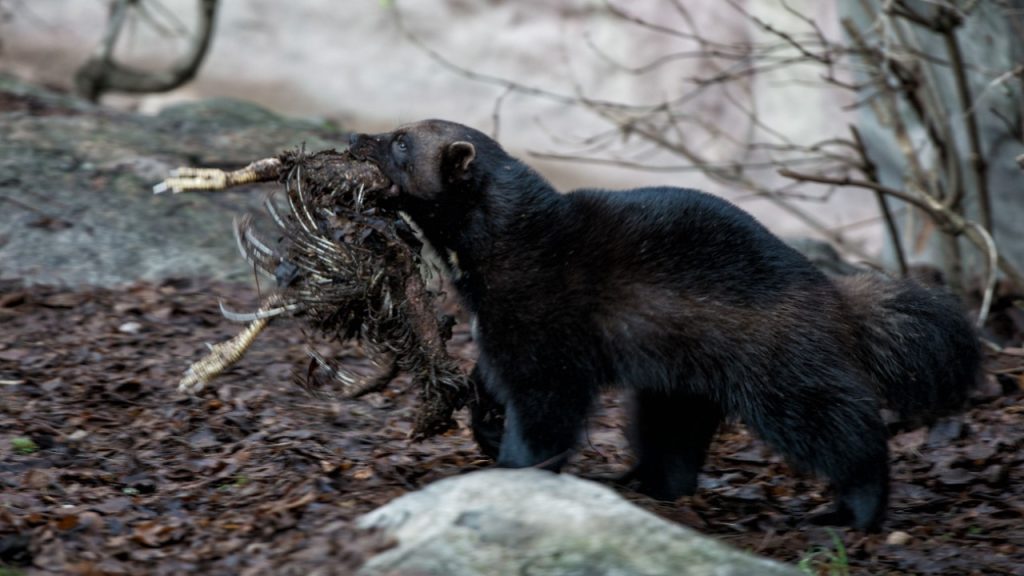
Wolverines have a unique ability to eat frozen meat. Their powerful jaws and strong teeth can crunch through frozen carcasses, bones and all. This adaptation allows them to take advantage of food sources that other animals can’t access during the cold winter months.
Natural Refrigerators
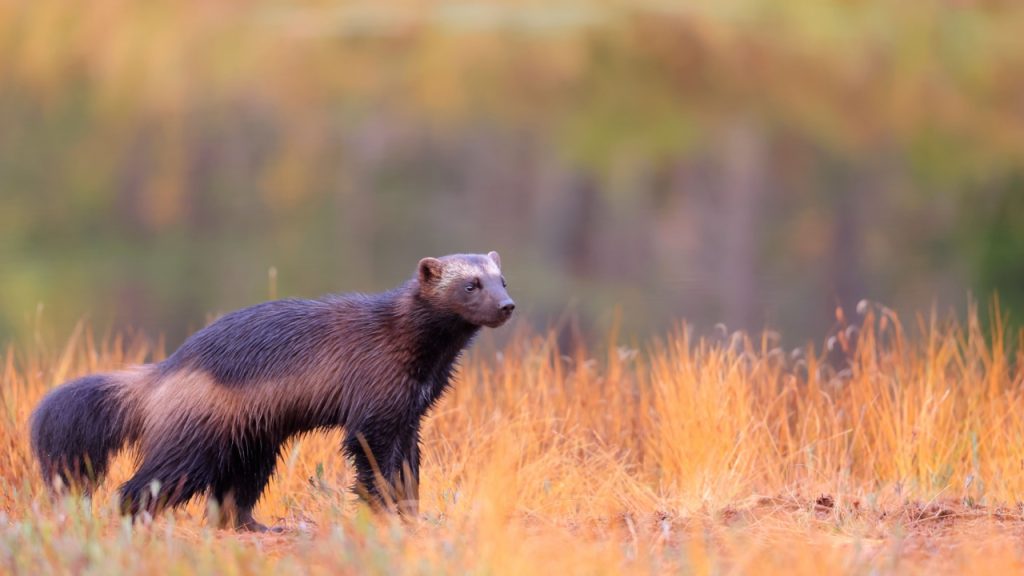
These clever predators have been observed creating natural refrigerators. They’ll sometimes bury excess food in the snow or underwater, preserving it for later consumption. This behavior helps them survive in environments where food can be scarce for long periods.
Fearless Fighters
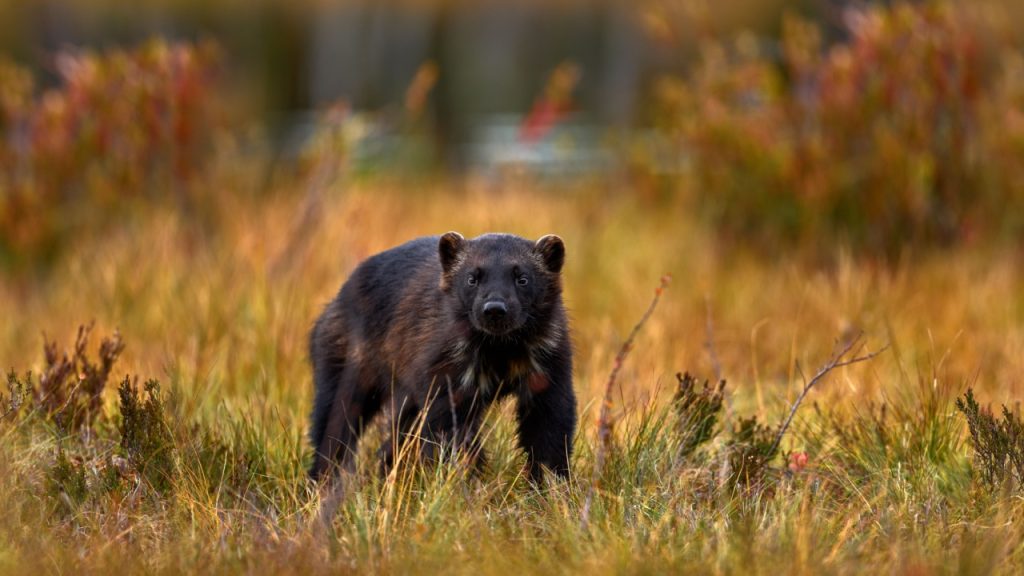
Wolverines are known for their fierce and fearless nature. They’ve been observed chasing bears and wolves away from their kills, despite being much smaller. Their aggressive reputation has earned them nicknames like “skunk bear” and “devil bear” in various languages.
Winter Babies
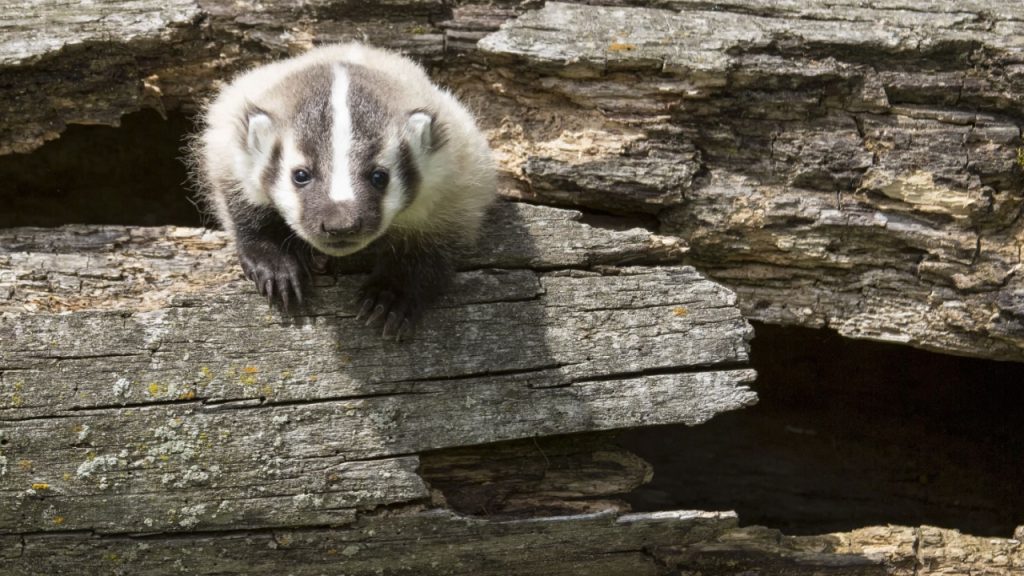
Female wolverines give birth in the dead of winter, typically in February or March. The kits are born white, blending in with the snow for protection. This timing allows the young to grow and develop during the spring and summer when food is more plentiful.
Thick, Water-Resistant Fur
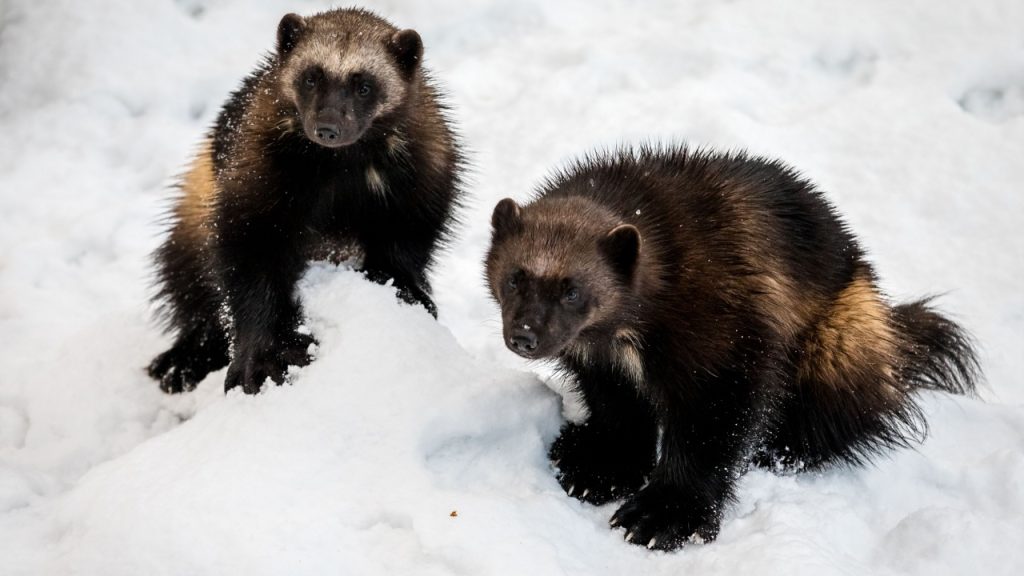
Wolverines have a thick, oily fur that’s highly water-resistant. This special coat protects them from the harsh cold and wet conditions of their northern habitats. Their fur was once prized by humans for lining parkas, as it was one of the few natural materials that wouldn’t frost up in extreme cold.
Varied Diet
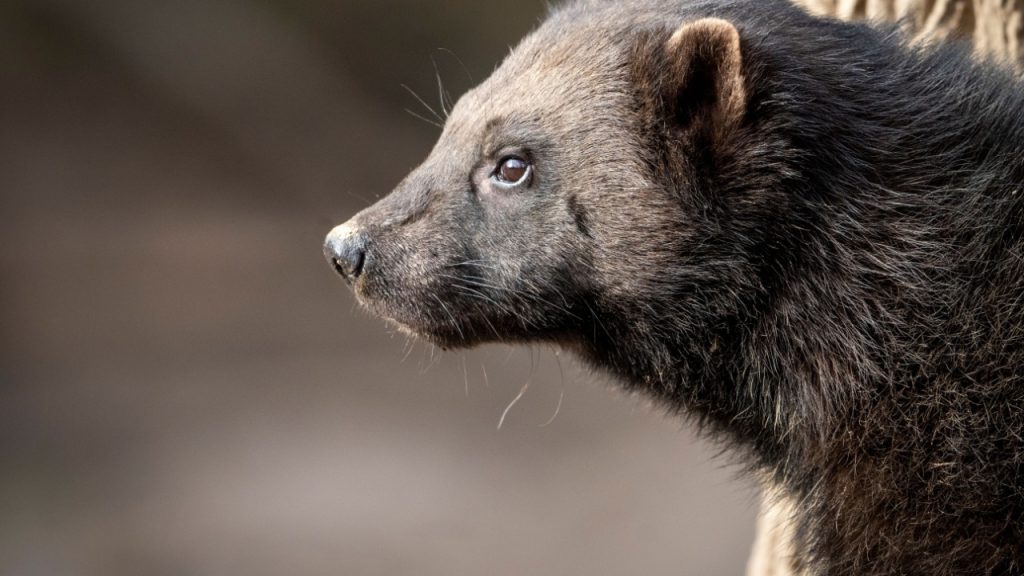
While they’re known as fierce predators, wolverines are actually opportunistic omnivores. They’ll eat almost anything they can find or catch, from berries and insects to elk and caribou. This flexible diet helps them survive in their challenging environments.
Incredible Endurance
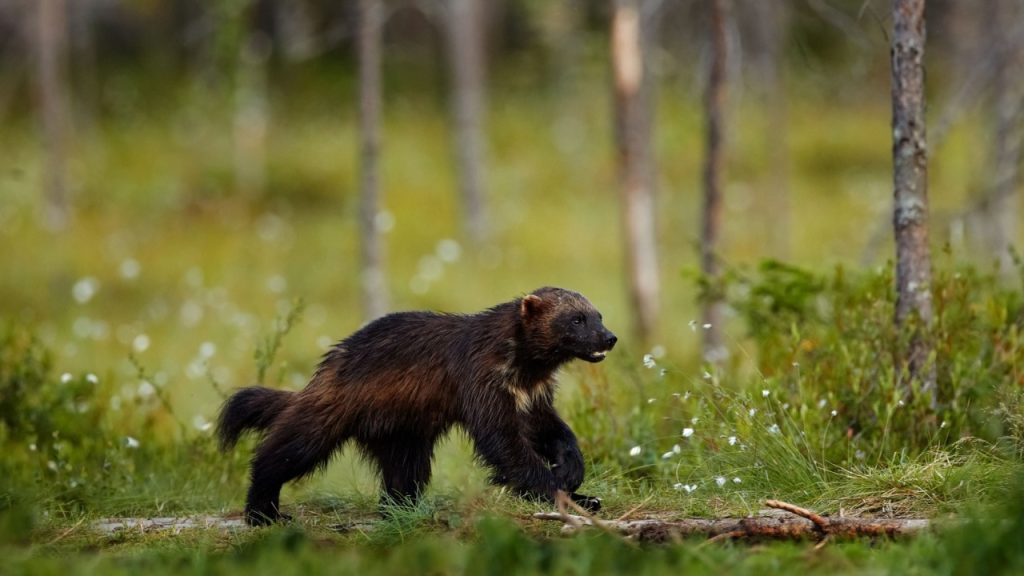
Wolverines are known for their remarkable endurance. They can travel long distances over rough terrain without tiring. There are reports of wolverines covering over 60 miles in a single day and climbing mountains over 4,900 feet high.
Delayed Implantation
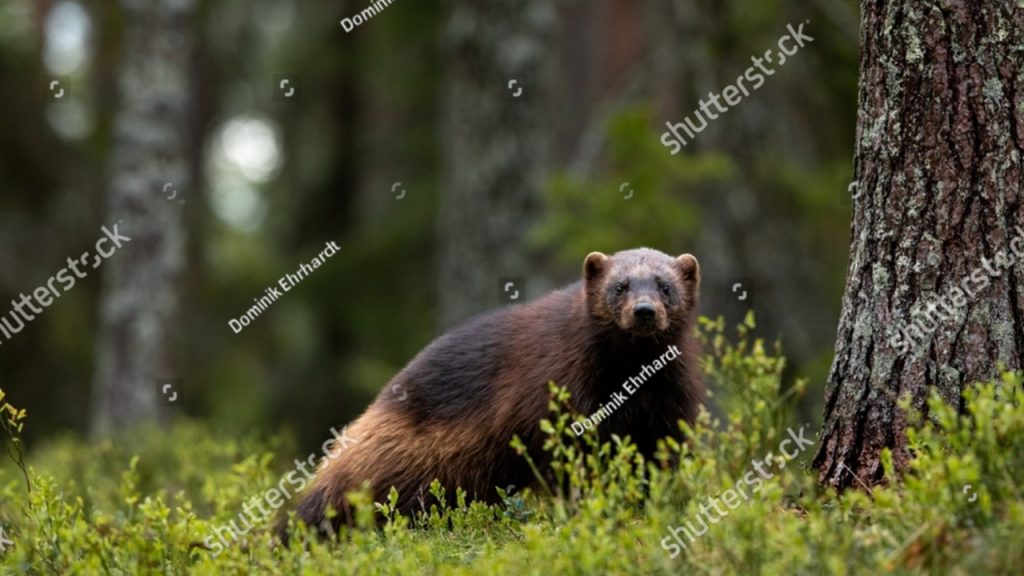
Wolverines have a unique reproductive strategy called delayed implantation. After mating, which usually occurs in summer, the fertilized egg doesn’t immediately implant in the uterus. Instead, it remains dormant for several months. This delay ensures that the kits are born in late winter or early spring when conditions are best for their survival.
Superhero-Like Healing Factor
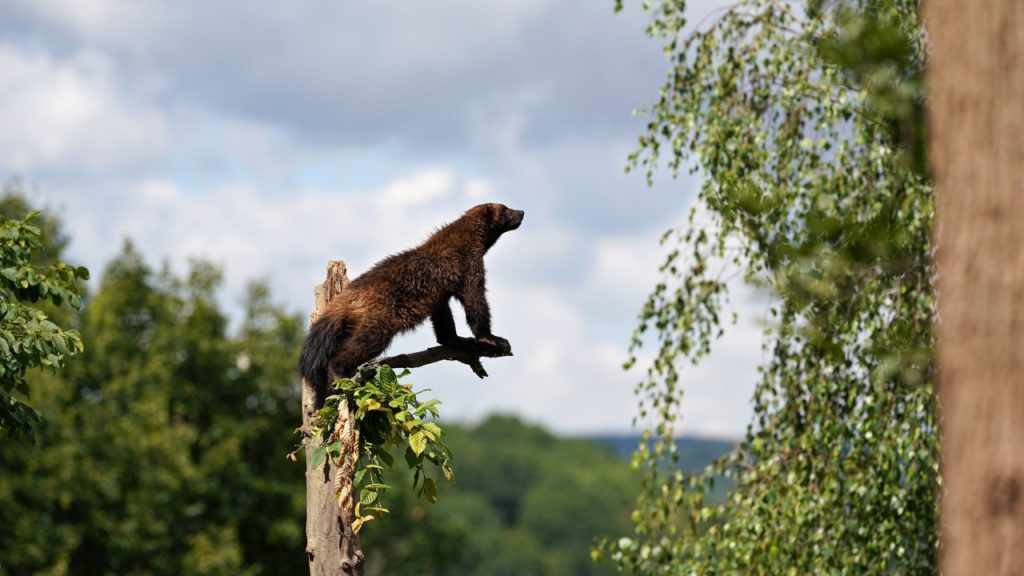
Wolverines possess an extraordinary ability to heal quickly from injuries. Their metabolism allows them to recover from wounds that would be fatal to many other animals. This rapid healing, combined with their thick fur and tough skin, makes them incredibly resilient in the face of physical challenges, whether from fights with other predators or the harsh environments they inhabit.

